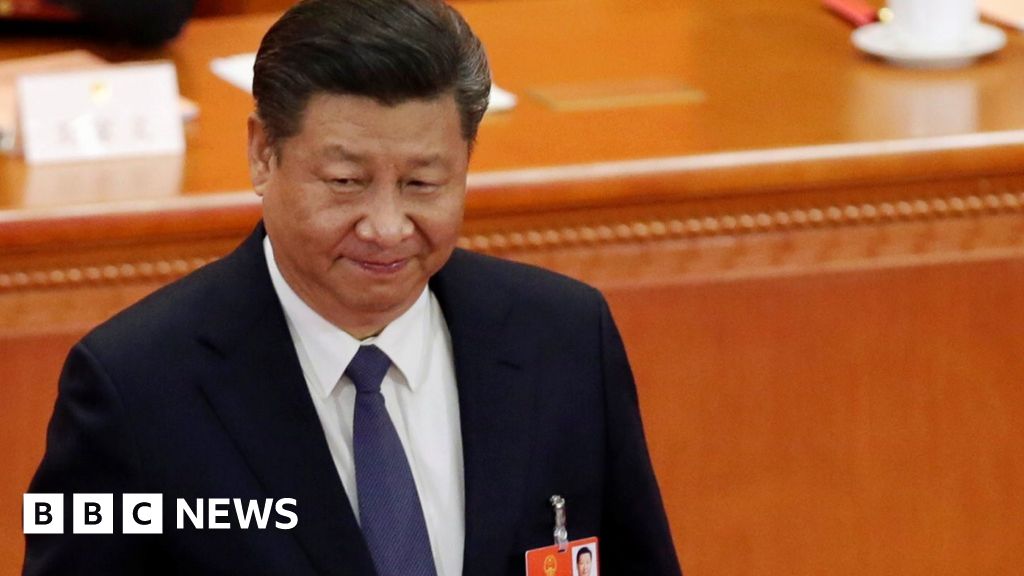You made some really good points. I will add some points too.
I see China as an ever expansive empire. Since thousands of years, it has captured more territory and absorbed more people by cultural assimilation. There was never any specific need for this but it happened for the benefit of the state anyway. Modern China continue this practice to this day by pushing Mandarin as the state language and reducing cultural footprint of minorities in frontier regions. If you look at many other Asian countries, you would also notice that China is not exactly unique in this practice. There are many more that believe in assimilation and standardization. Country I was born Sri Lanka is one of those states that go by this practice which is the reason for recent tension between minorities and the majority.
Today's China also has a considerable amount of diversity within the Han ethnic group that for an outsider like me is hardly a monolithic people.
My point is exactly that modern India and Pakistan are entities that don't make so much sense. Why are completely different groups whose languages are not at all intelligible forced into one block? Why are Dravidians and Indics forced into one block that is India? Why are Iranics and Indics forced into one blcok that is Pakistan? I think these issues have made an identity vacuum that is now being filled by religion and open for outside interference. I think during the expansion of Mayuryan empire, the rulers should have pushed for homogenization, not in the lines of modern India but in its own natural course. In this way, you wouldn't have so many smaller states warring with each other but big countries whose borders are defined by natural barriers. Ideally I would rather have countries that make sense in South Asia.
I can see where you are coming from, but you are still either ignoring or failing to recognise certain realities. Unless all Hans woke up one morning and declared, ok, from today we are Chinese, unless that is true, then you have to admit that identity, which ever form it takes is an ongoing process, with time it gets stronger.
I will answer two of your points, firstly the essence of your assumption.
If "A" had happened then "B" would have followed. In Europe the Roman Empire ruled for a thousand years, during which Latin was the predominate language and Roman citizenship was the ultimate dream, Roman identity absorbed various ethnicities as long you lived a Roman life. Yet even after a thousand years of continuous Roman rule, European identities are distinct and different. Identity is a choice. Chinese rulers merely introduced reforms that the local population was willing to accept and adopt. I will not go into the modern aspect because it is not relevant.
During the few decades of full Mauryan expansion it still did not cover the entirety of South Asia. And even if they had done as you suggested, it would not have had any effect what-so-ever, because the ground realities were and are different from China. That is why its a moot point.
Secondly, as identity is an going process, I will leave an Indian to answer for their identity, but, in case of Pakistan.
There is no clear line that differentiates the various ethnic groups. The five major groups are the Punjabi, Pathan, Sindi, Balochi, Kashmiri and many smaller ones. Each of these regions have border area where the local cultures through history have amicably mixed with the neighbouring culture.
Punjabis have areas where the local culture is similar to the Sindis, and Balochi and Pathans and Kashmiris.
Pathans have such areas with Balochi, Punjabis and Kashmiris influences.
Sindis have such areas with Balochi and Punjabi influences.
Balochis have such area with Punjabis and Pathan but most especially Sindis influences.
Kashmiris have such areas with Pathans and Punjabi influences.
The ground realties are different, it is not just a case of iranics vs indics. On the ground there has been a lot of mixing and that has only increase since independence. All the languages follow the same linguistic script, every region has willingly accepted and adopted Urdu as the official and the NATIONAL language, Islam is a unifying force, a new Pakistani identity has taken shape outside of political discourse, on the ground the sense of what is known as Pakistaniat is passionately felt. It has not been easy, but nor was it forced.
The ethnic groups that compose modern Pakistan have history that goes back to the Indus Valley Civilisation, it is among the oldest civilisations in the world and the Pakistan region was the centre of that civilisation. Modern DNA analysis has started to prove a direct biological link with those people. Aryan theory is just that, a theory, it is not proven and new discoveries are pointing to a different reality.









